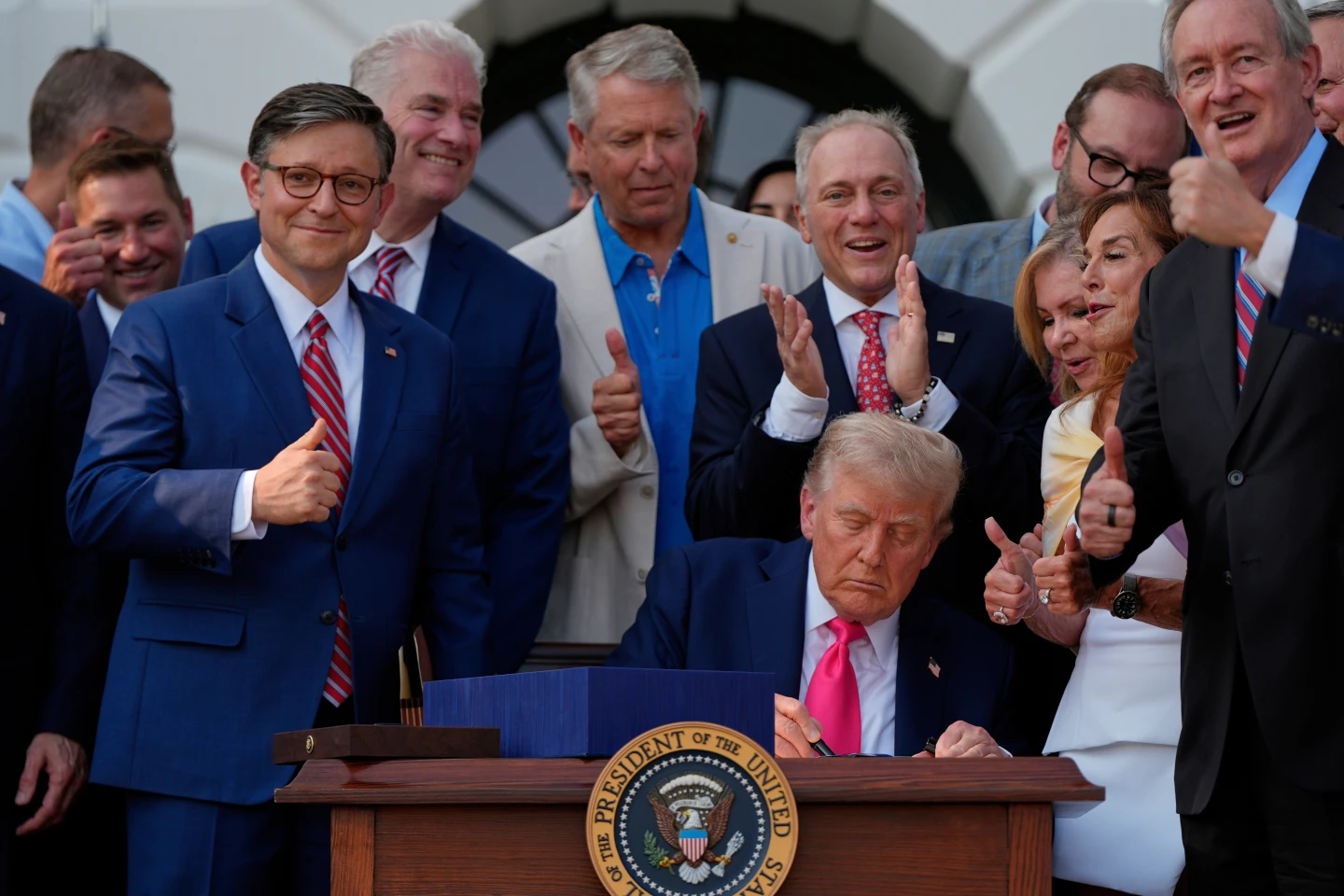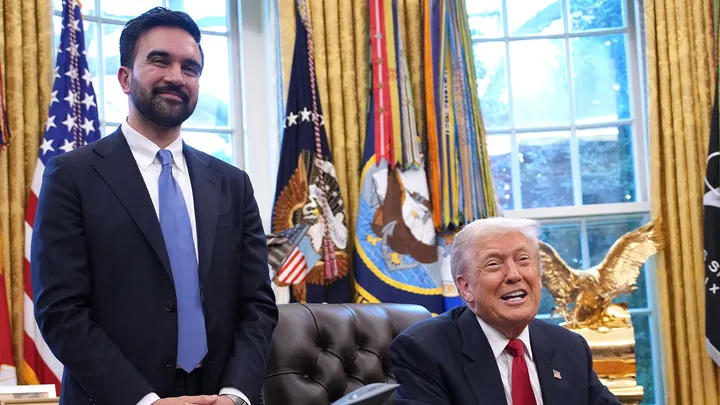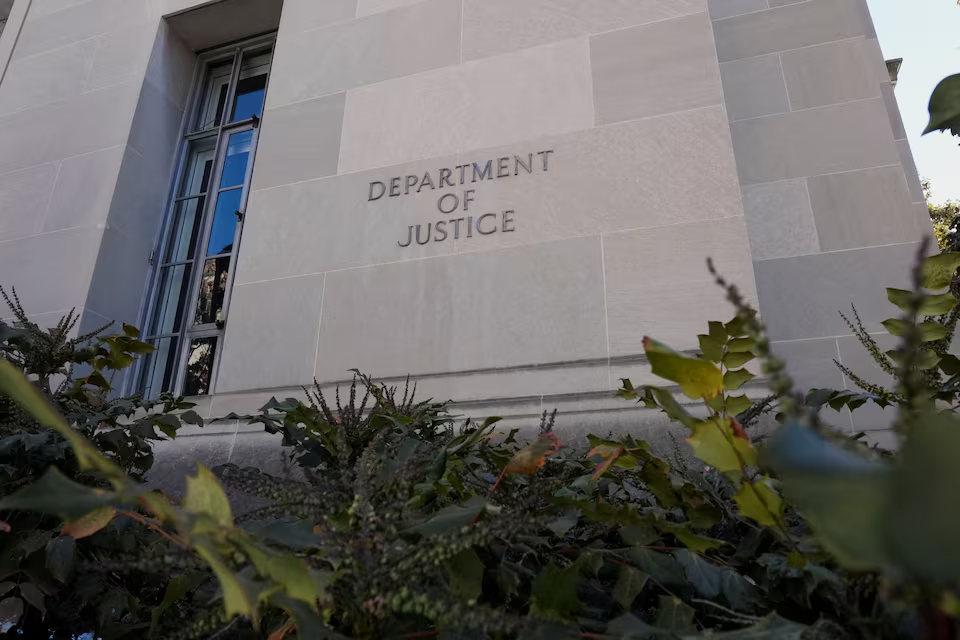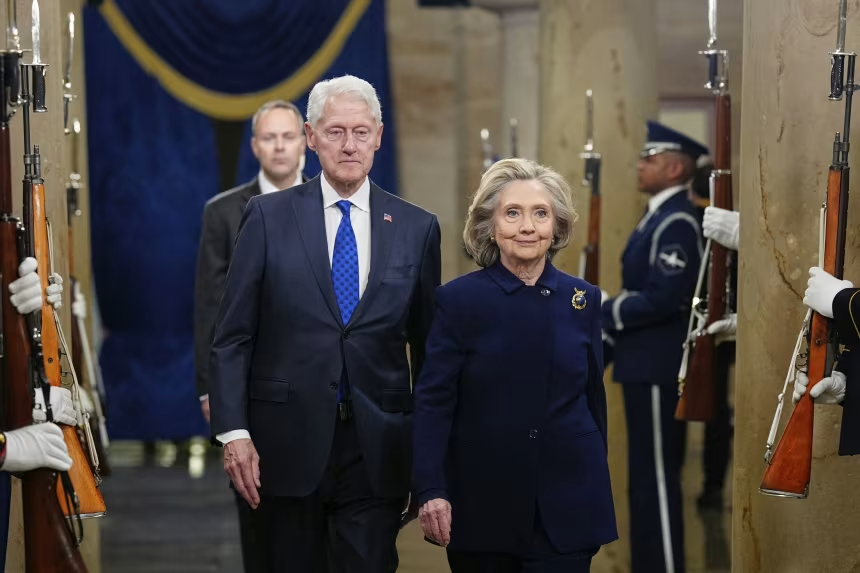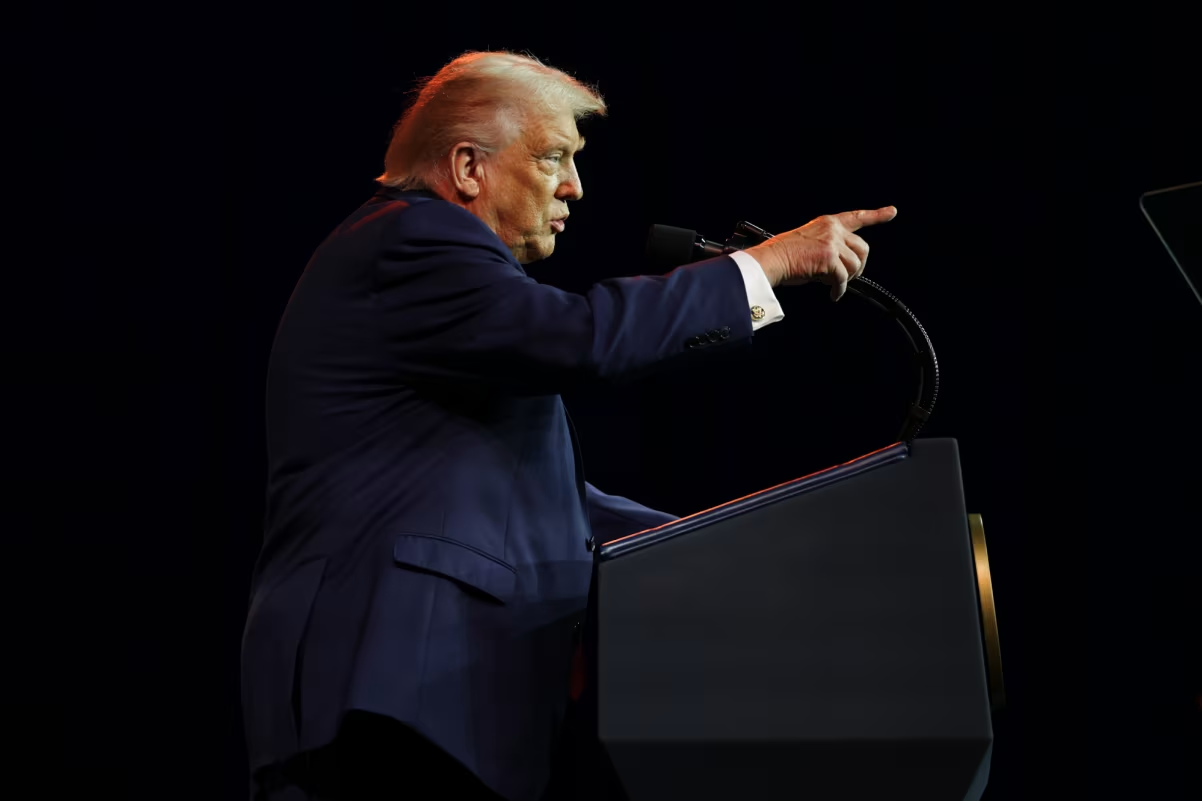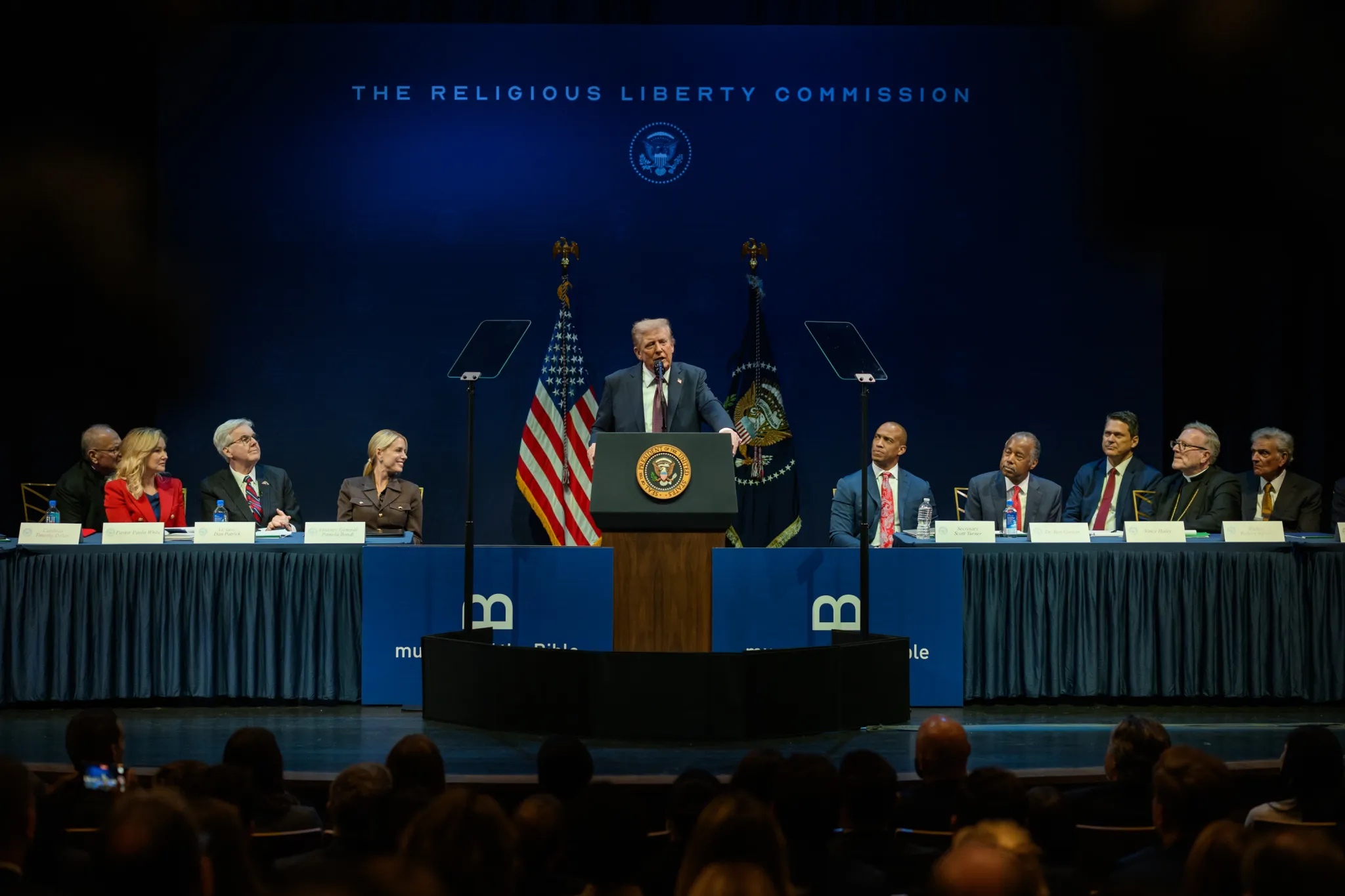Lower taxes, stronger states, freer people — thank you President Trump
“We’ve been as strategic and careful as possible to fill these gaps,” Assembly Speaker Robert Rivas said. Still, state budget analysts warn California could face significant deficits in the coming years.
Lower taxes, stronger states, freer people — thank you President Trump
From Washington D.C. to Albuquerque and Sacramento, President Donald Trump’s most significant legislative victory of his second term — the “One Big Beautiful Bill Act” — is sending shockwaves through America’s states. With sweeping federal tax cuts and reduced spending, the law is already exposing a deep partisan divide: Democratic-led states are scrambling to offset potential losses, while Republican-led states remain calm, choosing to wait and see.
New Mexico’s Proactive Step
On Wednesday, lawmakers in New Mexico convened a special legislative session to boost funding for food assistance and rural healthcare. Democratic Governor Michelle Lujan Grisham said the measures were necessary to mitigate the damage of what she called “President Trump’s disastrous bill.”
The session will also consider expanding state subsidies for health insurance purchased through the Affordable Care Act exchanges, which currently cover nearly 75,000 residents. With federal subsidies expected to expire later this year, state officials fear a looming coverage gap.
“We cannot sit idly by and watch this disaster unfold,” said Senate Majority Leader Peter Wirth, a Democrat. He noted that while New Mexico stands to lose nearly $200 million annually from the tax cuts, rising oil production has given the state a budget surplus, enabling it to act early.
California Expands Food Assistance
In California, Democratic Governor Gavin Newsom recently approved a $255 million spending package, including $84 million to strengthen the Supplemental Nutrition Assistance Program (SNAP).
Under the new federal law, states with SNAP error rates above 6% will have to share administrative costs starting in 2027. California is bracing for this change, while also preparing for new work requirements that could push thousands off the program.
To respond, lawmakers allocated $40 million to help counties implement the new rules and an additional $20 million for emergency food banks.
“We’ve been as strategic and careful as possible to fill these gaps,” Assembly Speaker Robert Rivas said. Still, state budget analysts warn California could face significant deficits in the coming years.
Colorado and Oregon Raise Alarms
Colorado was the first Democratic-led state to call a special session, with Governor Jared Polis reporting a $783 million shortfall tied to the federal tax cuts. Lawmakers responded by reducing corporate tax breaks and approving sales of state tax credits.
In Oregon, Democrats are exploring whether parts of the state’s tax code can be decoupled from the federal system to avoid hundreds of millions in losses. Such changes would preserve taxes on tips and overtime wages, generating additional revenue.
“This is politically risky,” said Democratic Representative Rob Nosse, “but it’s necessary if we want to protect healthcare and food assistance.”
Republican States Take a Different Approach
In sharp contrast, Republican-led states are staying the course despite projected losses.
-
Montana could lose about $114 million annually. Lawmakers there say they can wait until their regular 2027 session to act.
-
Iowa faces an estimated $437 million loss in FY 2025, along with additional strain from Trump’s trade war with China affecting farmers. Still, Republican Governor Kim Reynolds insists, “We are in a good position to manage this, though we must remain cautious.”
-
North Dakota is also tied closely to the federal tax code but has yet to take any major steps in response.
A Nation Divided
For Republicans, Trump’s “One Big Beautiful Bill Act” represents a historic win — a bold reshaping of the federal tax and spending system. For Democrats, it is a looming fiscal disaster that threatens healthcare, food security, and state budgets.
The split is stark: Democratic states are spending now to shield residents, while Republican states are betting they can weather the storm without immediate intervention.
The central question remains: Is this law a financial time bomb being ignored by Republicans, or are Democrats exaggerating its risks for political gain?


